Allah ﷻ has placed blessings within three things: people, places and time.
As for people, we have the Prophets, Messengers, and the righteous servants of God, who are all a means of blessing.
As for places, blessings are placed in the Massajid (houses of God). Particularly Masjid al-Haram in Makkah, Masjid an-Nabawi in Madinah and Masjid al-Aqsa in Jerusalem. Moreover, any place in which the remembrance of Allah ﷻ takes place is indeed blessed.
Regarding time – which is directly related to the topic of this blog – Allah ﷻ has bestowed great blessings within various moments. So much so that it is not possible for the one seeking God to pass by a moment except they find it filled with blessings and goodness. Whether it’s Ramadan, the days of Hajj, or the day of Friday (Jummu’ah), to name a few.
The following tradition from the Prophet ﷺ alludes to this notion:
“Surely your Lord has winds [of mercy] in the days of your time, so expose yourselves to them. For perhaps you will attain a breeze from them and thereafter you will never be unhappy.” (Tabarani)



Although there are many blessed times and seasons throughout the year, we often hear about the four sacred months. What are the four sacred months, I hear you ask? Keep on reading, and we’ll reveal all.
Allah ﷻ says in the Quran:
إِنَّ عِدَّةَ ٱلشُّهُورِ عِندَ ٱللَّهِ ٱثْنَا عَشَرَ شَهْرًۭا فِى كِتَـٰبِ ٱللَّهِ يَوْمَ خَلَقَ ٱلسَّمَـٰوَٰتِ وَٱلْأَرْضَ مِنْهَآ أَرْبَعَةٌ حُرُمٌۭ ۚ ذَٰلِكَ ٱلدِّينُ ٱلْقَيِّمُ ۚ فَلَا تَظْلِمُوا۟ فِيهِنَّ أَنفُسَكُمْ ۚ وَقَـٰتِلُوا۟ ٱلْمُشْرِكِينَ كَآفَّةً كَمَا يُقَـٰتِلُونَكُمْ كَآفَّةًۭ ۚ وَٱعْلَمُوٓا۟ أَنَّ ٱللَّهَ مَعَ ٱلْمُتَّقِينَ
“Indeed, the number of months ordained by Allah is twelve—in Allah’s Record since the day He created the heavens and the earth—of which four are sacred. That is the Right Way. So do not wrong one another during these months. And together, fight the polytheists as they fight against you together. And know that Allah is with those mindful (of Him).” (Surah At-Tawbah, 9:36)
This verse associates the mention of ‘twelve months’ with the creation of the heavens and earth, highlighting Allah’s creation of the universe and the establishment of the laws of time. It emphasizes the significance of these months and religion by connecting them to humanity and the prohibition of oppression. Finally, the verse concludes with a call to piety, emphasizing its importance in all situations.
The Prophet ﷺ also brings attention to the sacred months:
“The division of time has turned to its original form, which was current when Allah ﷻ created the Heavens and the Earths. The year is of twelve months, out of which four months are sacred: Three are in subsequent Dhul-Qa’dah, Dhul-Hijjah and Muharram, and (the fourth is) Rajab of (the tribe of) Mudar, which comes between Jumad al-Thani and Sha’ban.” (Sahih al-Bukhari)
It is important to note that these sacred months were deemed so even in pre-Islamic Arabia. During these seasons, the sound of clanging swords was absent as the Arabs respected the sanctity of these periods. Once the sacred months were over, they would resume fighting.
يَسْـَٔلُونَكَ عَنِ ٱلشَّهْرِ ٱلْحَرَامِ قِتَالٍۢ فِيهِ ۖ قُلْ قِتَالٌۭ فِيهِ كَبِيرٌۭ ۖ
“They ask you about the sacred month – about fighting therein. Say, fighting therein is great [sin].” (Surah Al-Baqarah, 2:217)

We now take a closer look at the four sacred months and their origins. Any time in which Allah ﷻ is remembered or sought is indeed special. But these four months hold even more virtue and importance. Carrying out good deeds within these months results in greater rewards, but misdeeds are also seen as graver.
The term Dhul-Qa’dah refers to “the one who is sitting down.”
In ancient Arabia, this month was when the Arab tribes would cease fighting in preparation for the pilgrimage.
In Islam, the month of Dhul-Qa’dah signifies the beginning of the pilgrimage season.
During this time, pilgrims can arrive in Makkah and start preparing for the Hajj.
Dhul-Hijjah literally means ‘possessor of the pilgrimage’ referring to the month of Hajj.
Muharram means that which has been made ‘sacred.’
Historically, during this time, pilgrims would travel back to their homes.
Fighting was paused, allowing people to reach their destinations safely.
Rajab means that which has been made ‘great.’
Unlike the other months, Rajab stands alone in the middle of the year.
Pre-Islamic Arabs revered this month as they would cease fighting, allowing people to make the minor pilgrimage.

The gifts and bounties of Allah ﷻ are manifold. Even with the sacred months, there are days which hold even more blessings and significance than others.
For example, in Dhul-Hijjah, the first ten days are known as the best days of the year, and extra worship and fasting are encouraged. There is also the Day of ‘Arafah, the days of Tashreek, and Eid-ul-Adha.
Muharram is the first month in the Hijri lunar calendar and marks the start of the new Islamic year. Fasting in this month is better than fasting at any other time, after the month of Ramadan, of course.
أَفْضَلُ الصِّيَامِ بَعْدَ شَهْرِ رَمَضَانَ صِيَامُ شَهْرِ اللَّهِ الْمُحَرَّمِ
“The most excellent fast after (fasting) in the month of Ramadan is the fast in Allah’s month: Muharram.” (Sahih Muslim)

In the Hadith mentioned earlier, the Prophet ﷺ informed us that Allah ﷻ has prepared winds of mercy and goodness within the days of our time. He (ﷺ) then orders us to expose ourselves to those winds of mercy.
It is important to increase good deeds and those things that will reignite our connection with our creator (ﷻ), seeking to maximize our gain from the generosity He spreads out for the Ummah of His beloved (ﷺ).
Here are some things we can do:
The month of Ramadan passed by us not long ago, and within it, Muslims around the world sought to reconnect with their religion by recommitting to devotional acts such as Salah (prayer), reciting the Quran, and the like.
After Ramadan, some may have experienced more consistency than others. If you see yourself falling short post-Ramadan, then fear not; these sacred months are also seasons of heightened spirituality and religious awareness.
Allah ﷻ is giving us yet another chance to return to Him. It is we who distance ourselves from our Lord. But He ﷻ is the most merciful, always facilitating our return to Him.

As we have already covered, good deeds are worth more during these sacred months, so maximize your profits by giving to charity. Not only are you getting more for your dollar, but you’re also helping the less fortunate, giving them relief from their hardships during these holy days.

We hope this blog serves as a means of benefit and motivation, allowing you to reach higher goals in spirituality and closeness to Allah ﷻ in these blessed days that lie ahead.
May Allah ﷻ bless you and all those you hold dear.
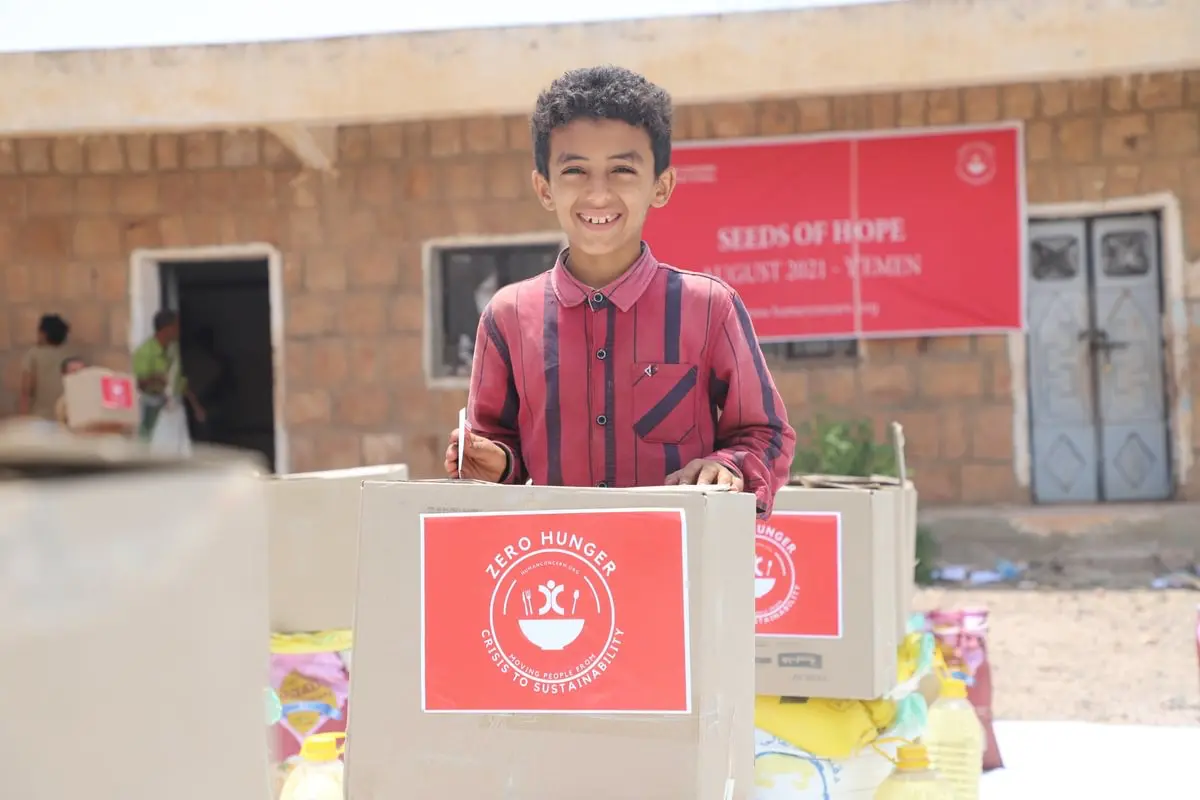
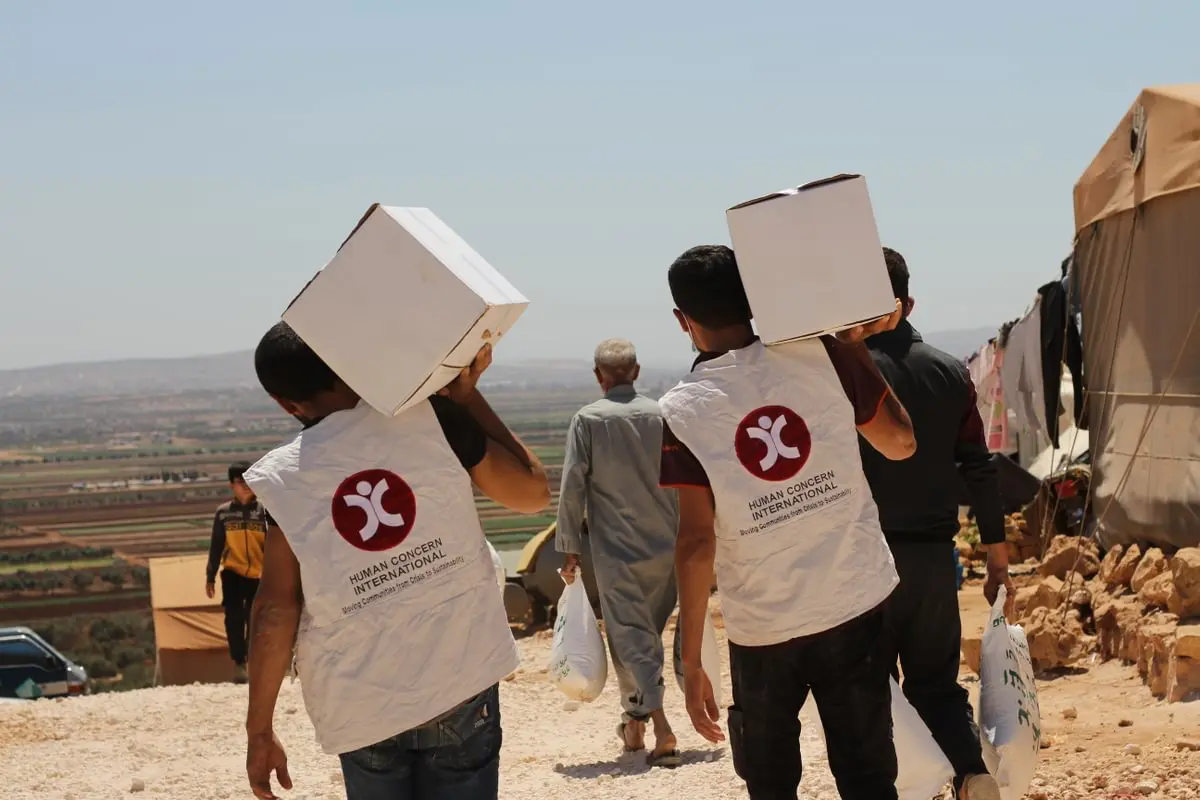
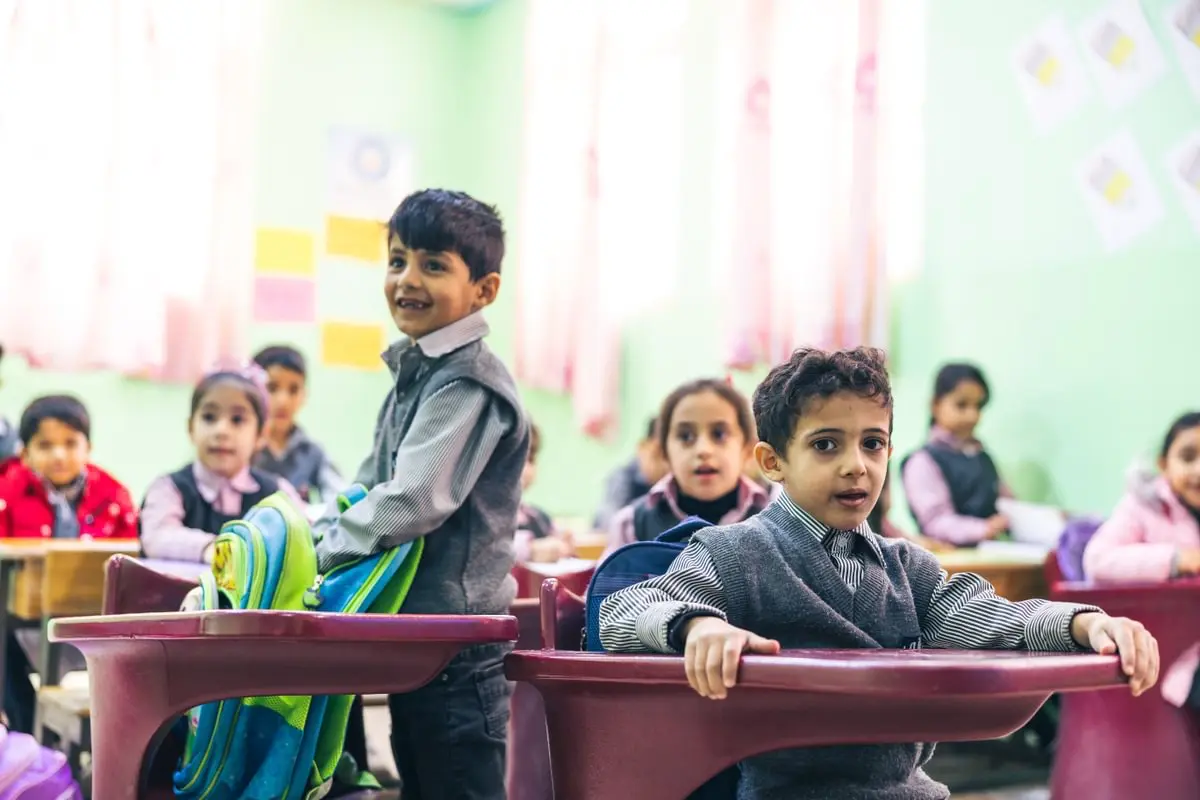
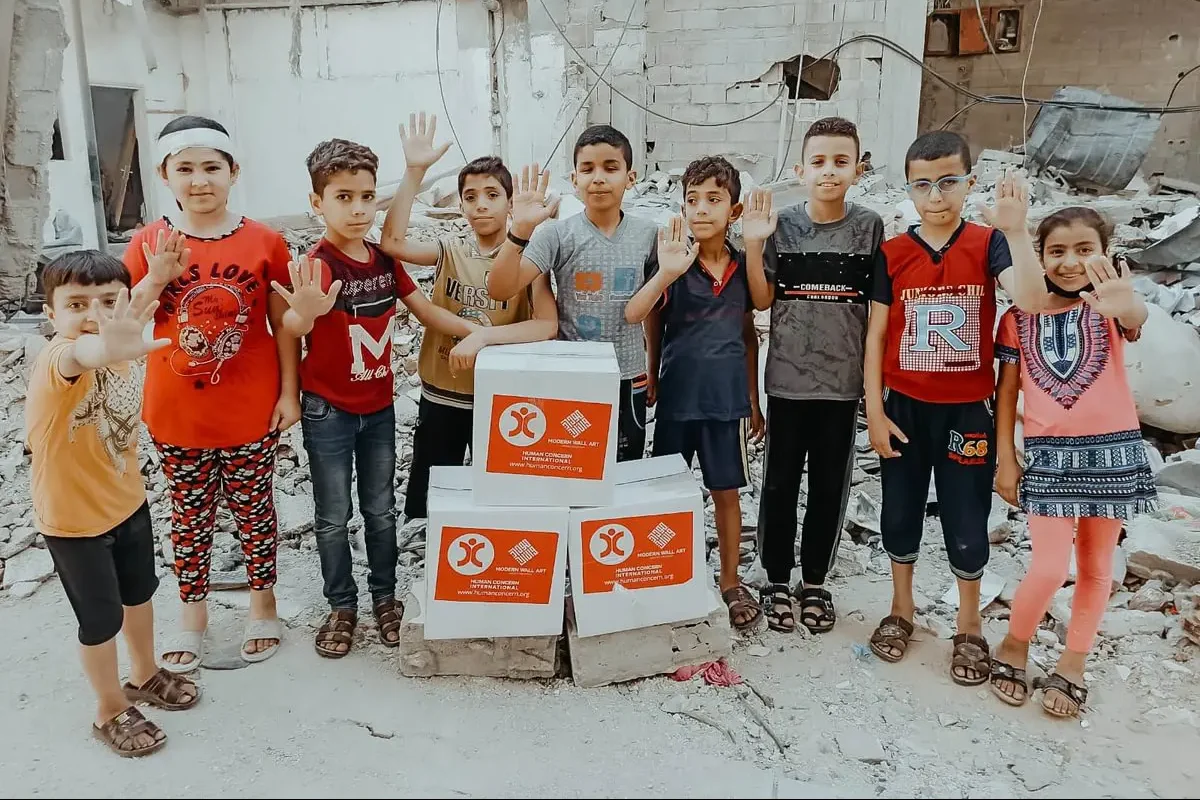
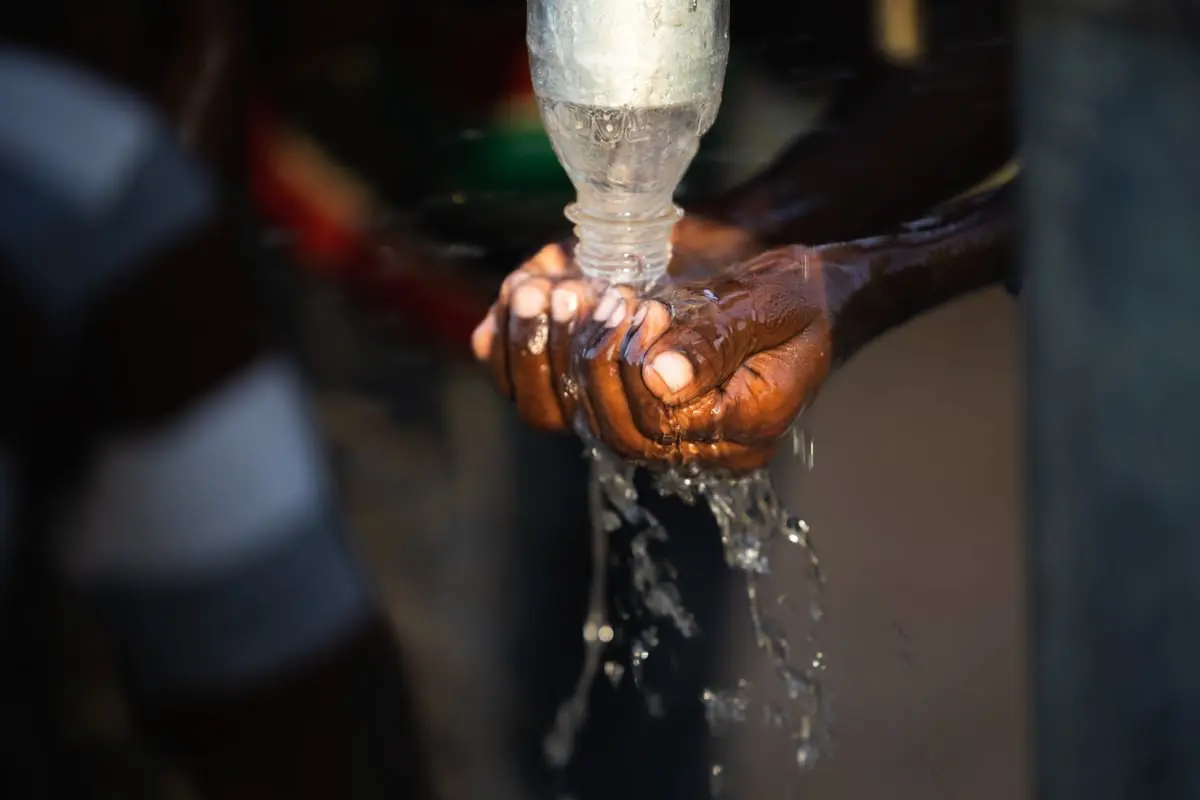

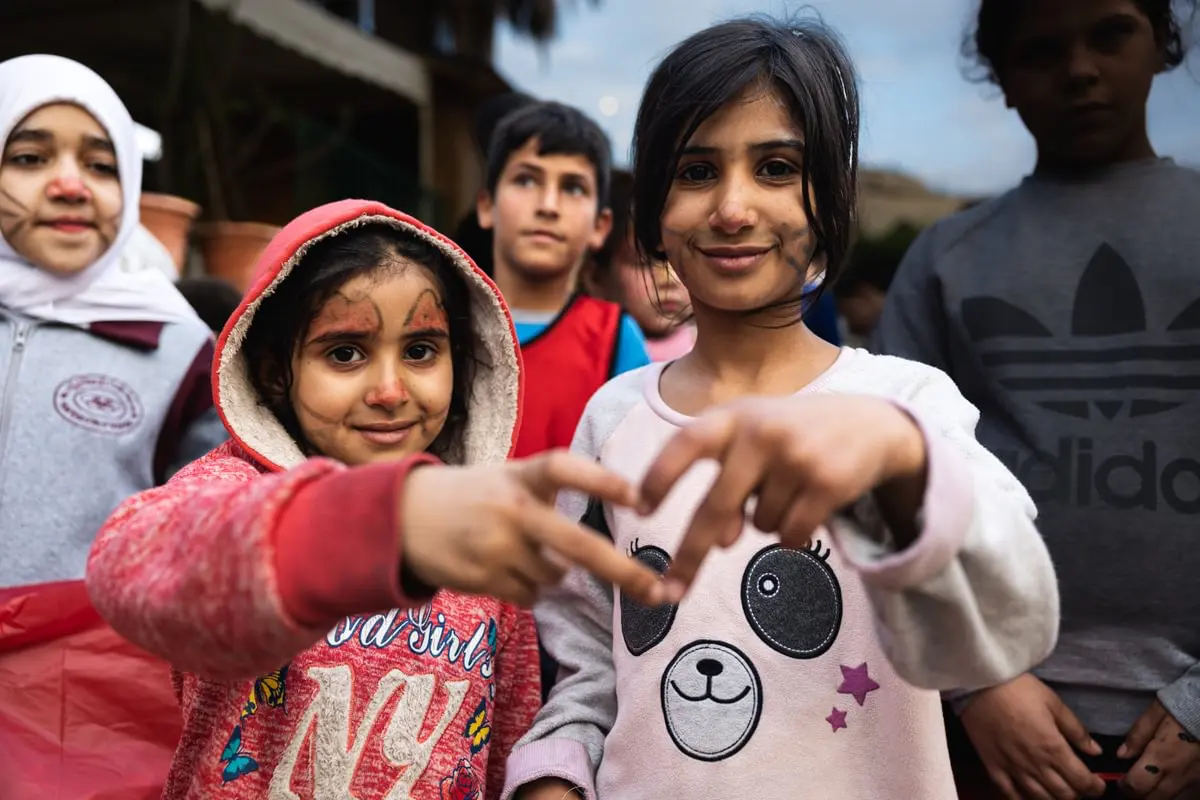
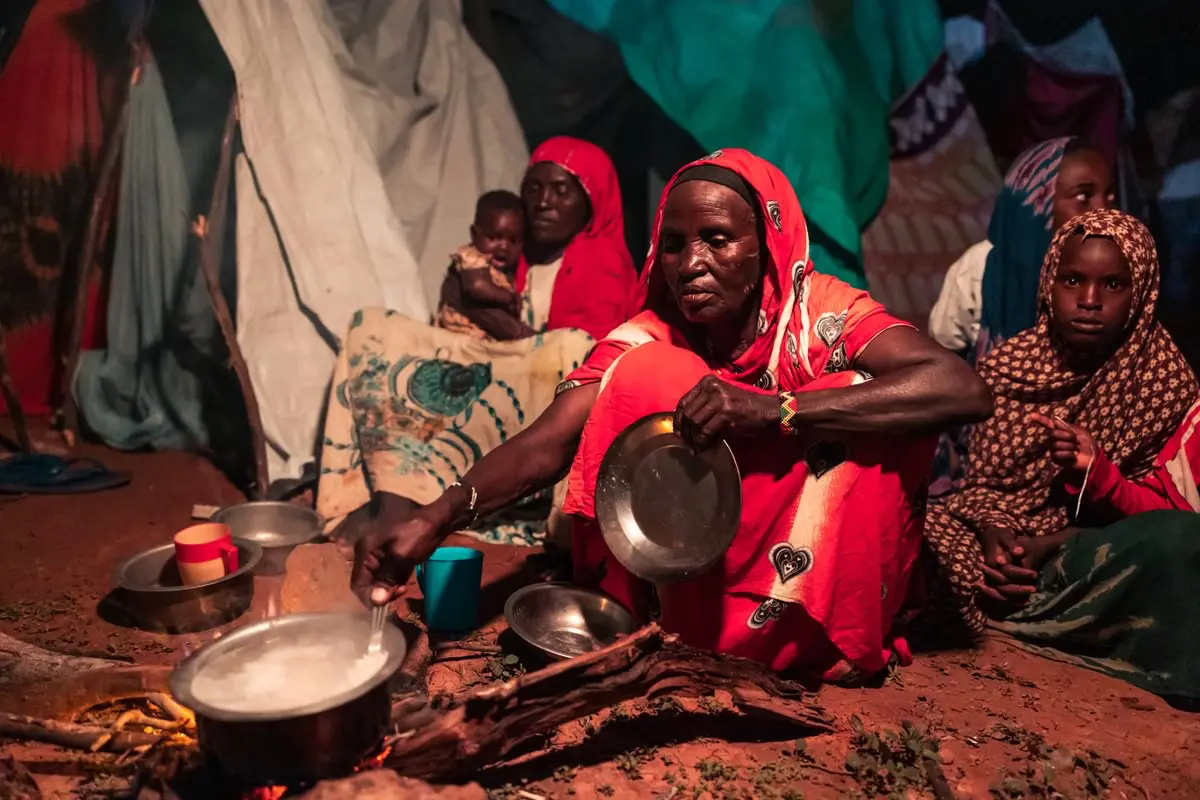
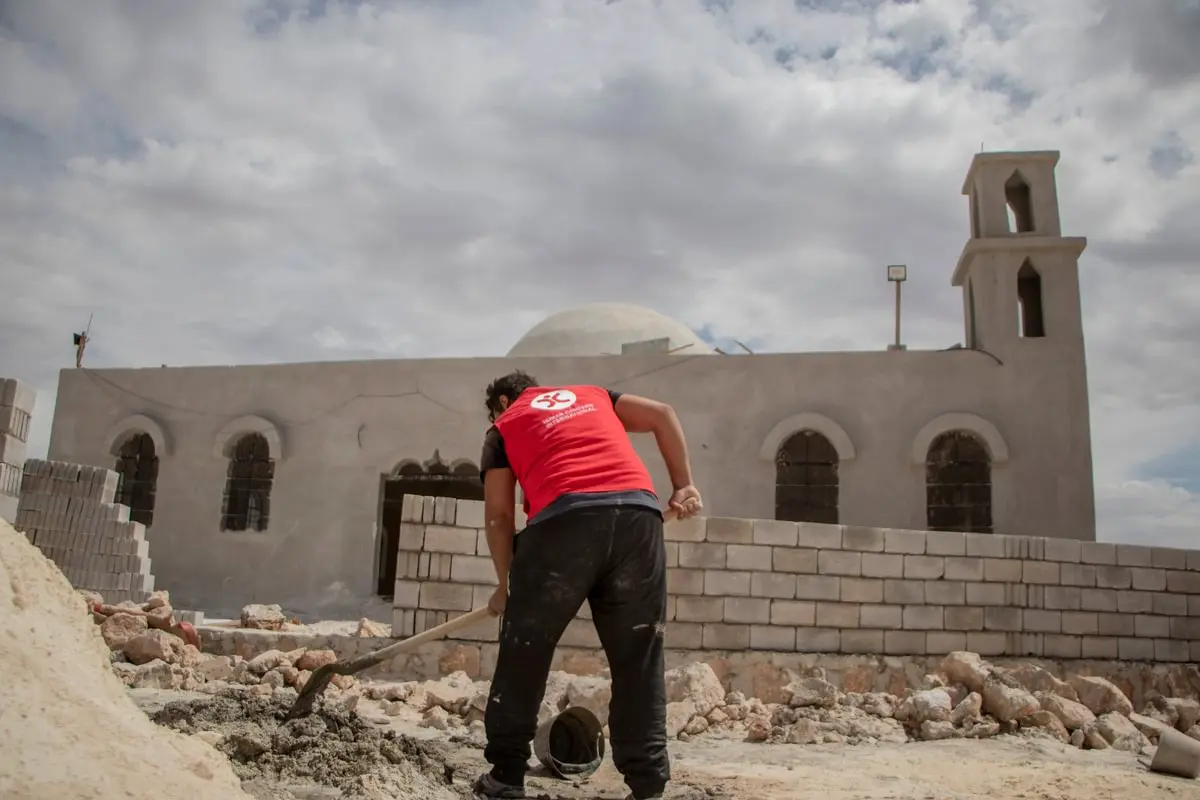
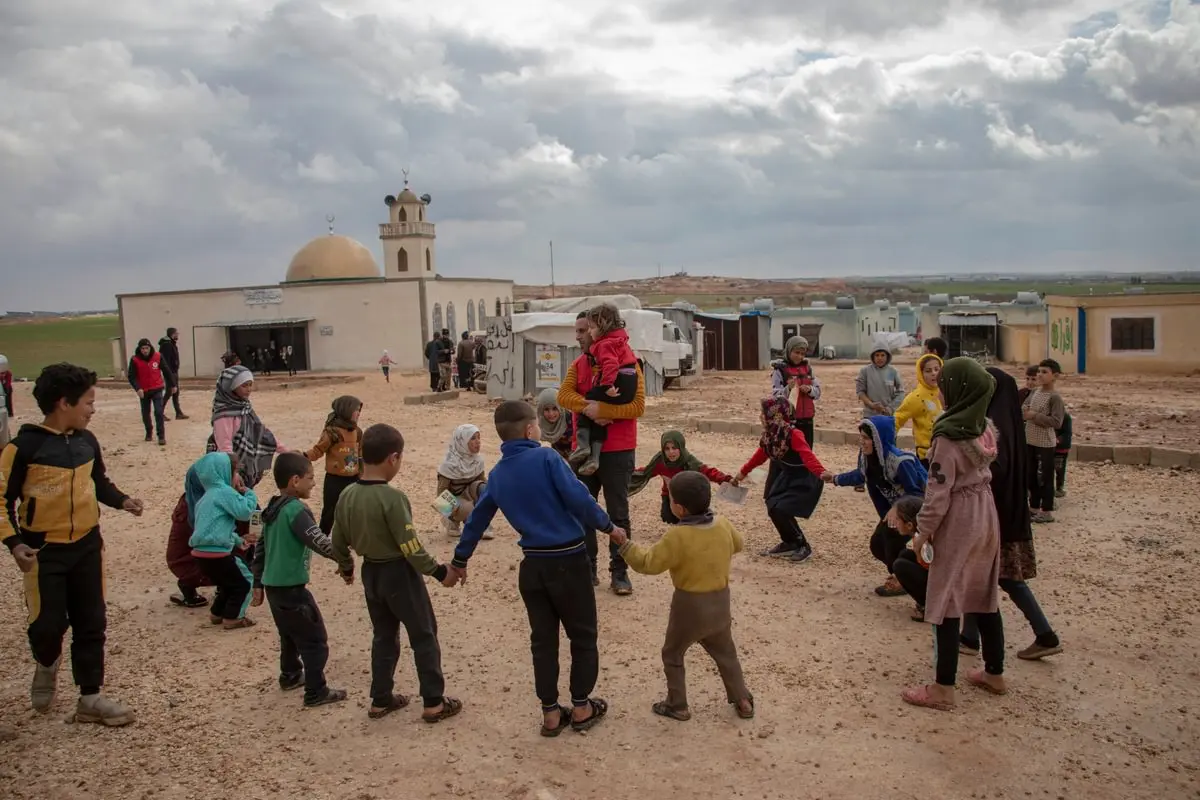


Human Concern International is the oldest Muslim relief organization in Canada, fighting poverty for over 40 years. We are a registered charity with the CRA. Charitable Registration No. 107497125 RR 0001